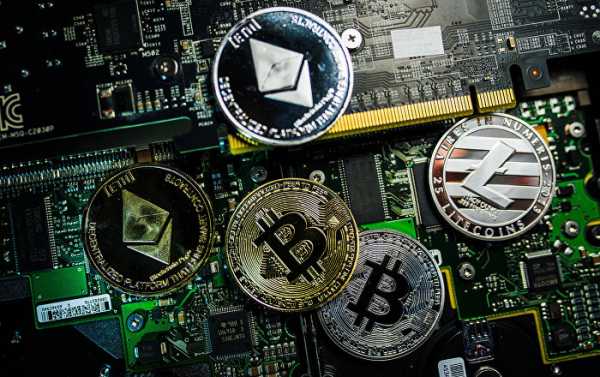
Technology enabler blockchain contains web links to child pornography and archived conversations about Bitcoin and money laundering, according to new research by scientists in Germany.
Researchers discovered 59 rogue files buried within Bitcoin’s blockchain which contain “objectionable content such as links to child pornography,” which raises risks related to storing content unrelated to cryptocurrencies on the blockchain and the potential legal pitfalls.
The discovery of the illegal content on Bitcoin’s blockchain could, according to the scientists, “jeopardize a whole cryptocurrency” with more than 600 transactions containing logged conversations, emails and forums discussing Bitcoin and including money laundering and backups of the WikiLeaks Cablegate data also unearthed.
The threats to the blockchain have been exposed for the first time in a paper presented at the Financial Cyrptography and Data Security conference on the Dutch Caribbean island of Curacao: A Quantitative Analysis of the Impact of Arbitrary Blockchain Content on Bitcoin.
“As of now, this can affect at least 112 countries in which possessing content such as child pornography is illegal. This especially endangers the multi-billion dollar markets powering cryptocurrencies such as Bitcoin,” the paper states.
Researchers from RWTH Aachen University and Goethe University in Germany used a “suspicious-transaction detector” to analyse 1557 files, extracting 59 which expose the threat to innocent users on the blockchain from illegal content.
“Two of them are backups of link lists to child pornography, containing 274 links to websites, 142 of which refer to Tor hidden services. The remaining instance is an image depicting mild nudity of a young woman. In an online forum this image is claimed to show child pornography, albeit this claim cannot be verified,” the scientists reveal.
“Insertion of objectionable content can put all participants of the Bitcoin network at risk as such unwanted content is unchangeable and locally replicated by each peer of the Bitcoin network as benign data,” the paper states.
The researchers also found six wedding-related images including a group photo exposing each person’s online pseudonyms and two instances of ‘doxing’ which is when an individual’s personal information, including phone numbers, addresses, bank accounts, passwords and multiple online identities is totally disclosed.
Bitcoin is a peer to peer electronic version of cash developed by Satoshi Nakamoto, blockchain is the chain of data connecting all the blocks of information.
According to BitcoinHomework’s recent white paper, six industries are set to integrate blockchain technology to store information, including banking, cybersecurity, elections, supply chains, logistics and public archival.
Europol, the EU’s law enforcement agency predicts money laundering operations worth US$5.5 billion is stored in cryptocurrencies. In 2015, Interpol warned of threats to the blockchain from malware or illegal data, for example, child abuse images entering the ‘ledger’ of transactions.
The scientists conclude that the research “raises the question which benefits and risks arise from storing content on Bitcoin’s blockchain.” However the research has been dismissed by some social media accounts on Twitter.
Sourse: sputniknews.com






